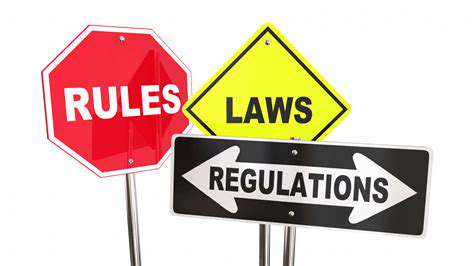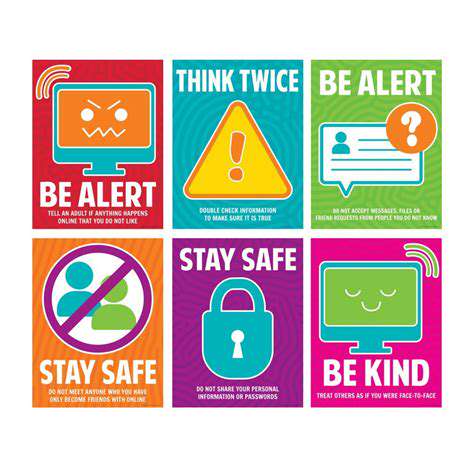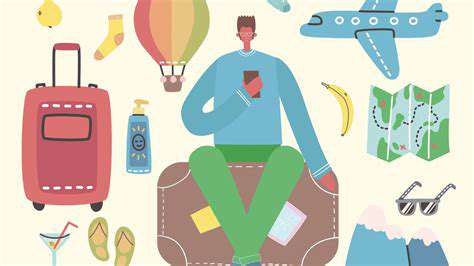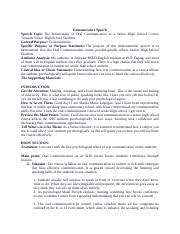Guide to Pet Friendly Travel
Proper preparation is essential for a comfortable and safe trip with your pet. This goes beyond just packing a carrier—it means thinking through your pet’s needs and the logistics of your journey. Consider your pet’s personality, health, and the length and mode of travel. Planning for potential anxieties and having strategies to ease them can make the trip much smoother.
Bring copies of your pet’s vaccination records, microchip details, and any medical conditions. These are crucial in emergencies. Pack familiar items like blankets or toys to help your pet feel at home in new surroundings.
Choosing the Right Transportation Method
The best way to travel with your pet depends on the distance and duration of your trip. For short trips, a pet carrier might be enough. For longer journeys, consider a travel crate or pet-friendly car seat. Picking the right option will keep your pet safe and comfortable throughout the trip.
If you’re driving, secure the carrier or crate properly to prevent injuries. If flying, follow airline rules for pet travel, including carrier size and safety measures. Knowing these details will help ensure a smooth trip.
Understanding Your Pet's Needs and Temperament
Every pet is different. Understanding your pet’s personality and potential anxieties is key to planning a successful trip. A dog prone to car sickness might need medication, while a shy cat might need extra reassurance. Taking the time to understand your pet’s needs will help keep them comfortable and safe.
Watch for signs of stress, like whimpering or panting, and be ready to adjust your plans if needed.
Ensuring Proper Health and Safety Procedures
Before you leave, make sure your pet is up-to-date on vaccinations. This is important for their health and for complying with regulations at your destination. Ask your vet about any travel-specific health precautions, like medications or special diets. Taking these steps will help keep your pet healthy throughout the trip.
Packing Essentials for a Smooth Trip
Pack everything your pet needs to stay comfortable and healthy, including food, water, bowls, medications, and a first-aid kit. Bring familiar bedding or toys to help them feel secure. Don’t forget leashes, collars, and ID tags. Having all these items ready will make the trip much easier for both of you.
Managing Stress and Anxiety During Travel
Travel can be stressful for pets, especially those with anxiety. Familiar scents, calming music, or pheromone diffusers can help. Try calming techniques like gentle massage or aromatherapy. Addressing stress factors will make the journey more pleasant for your pet.
Post-Trip Care and Recovery
After the trip, give your pet time to relax in a familiar environment. Watch for any signs of distress or illness, and make sure they have access to water and their usual food. Offering comfort and attention will help them settle back into their routine. If you notice anything unusual, contact your vet right away.
Navigating Pet-Friendly Regulations and Local Laws

Understanding Local Ordinances
Local pet laws can vary widely, even within the same city. It’s important to know the rules in your area about pet ownership, including breed restrictions, leash laws, and noise limits. Researching these before you travel or move can help you avoid fines or other issues.
Look into rules about the number of pets allowed, breed-specific laws, and any special requirements for certain pets. This will help you stay compliant and keep your pet safe.
Leash Laws and Public Spaces
Leash laws differ depending on where you are, such as parks, sidewalks, or specific areas within a park. Knowing these rules helps keep your pet and others safe. Following leash laws is a big part of being a responsible pet owner.
It also helps maintain peace in public spaces and prevents accidents or disturbances.
Restrictions on Specific Breeds
Some places have laws restricting certain dog breeds due to safety concerns. These rules can affect where you can live or travel with your pet. Understanding these restrictions helps you make informed decisions. Knowing the rules ensures you can comply and avoid problems.
Noise Regulations and Community Harmony
Many areas have noise rules that apply to pets, like limits on barking. Being mindful of these rules helps maintain good relationships with neighbors and keeps you within the law.
Training your pet to minimize noise can make life easier for everyone.
Pet Waste Management and Public Health
Rules about cleaning up after your pet are important for public health and cleanliness. Proper waste disposal keeps shared spaces clean and safe for everyone.
Pet Licensing and Identification
Licensing your pet and keeping their ID up-to-date is crucial for their safety and the community. Licensing often requires proof of vaccinations. Complying with these rules helps ensure lost pets can be returned and promotes responsible ownership.

![Planning a Family Camping Trip [Beginner's Guide]](/static/images/27/2025-04/MakingtheMostofYourCampingExperience.jpg)









